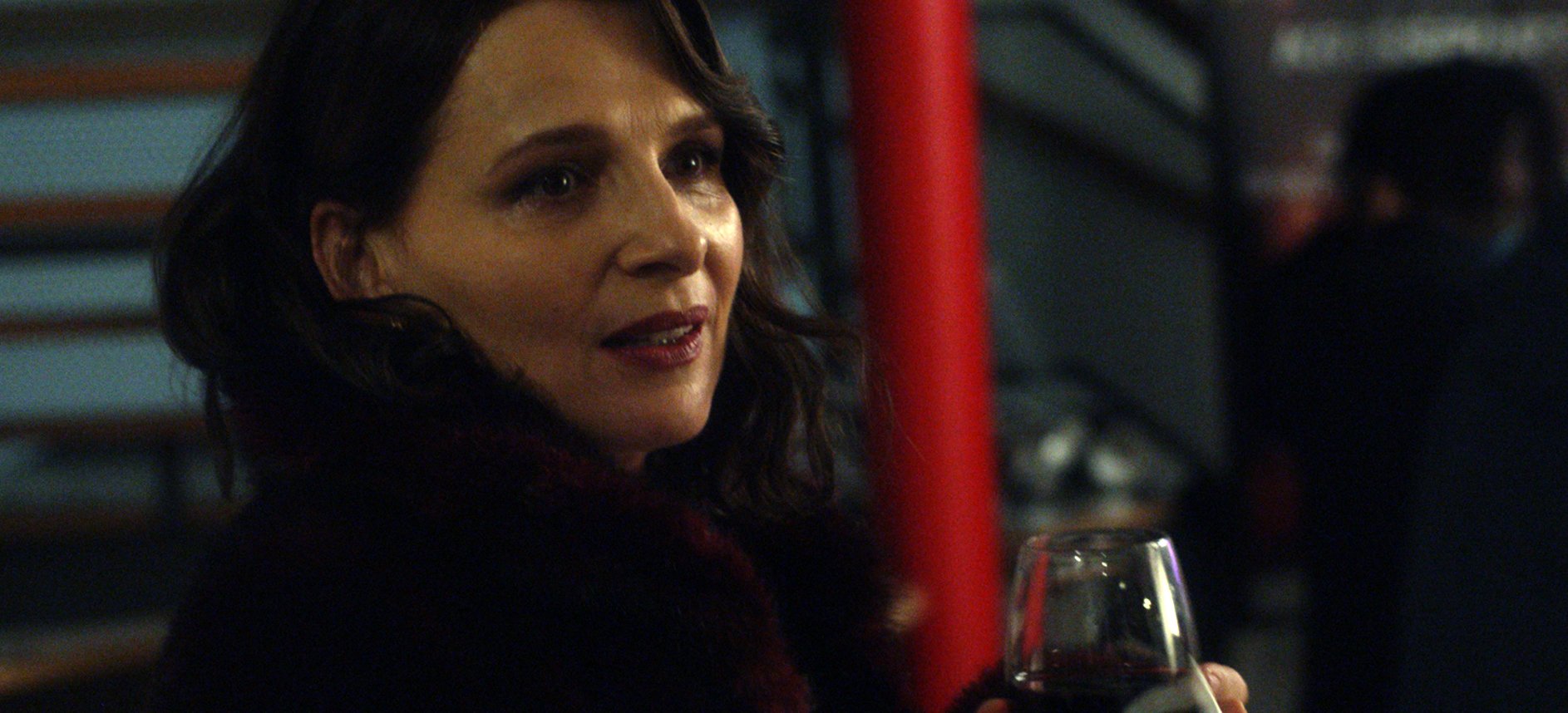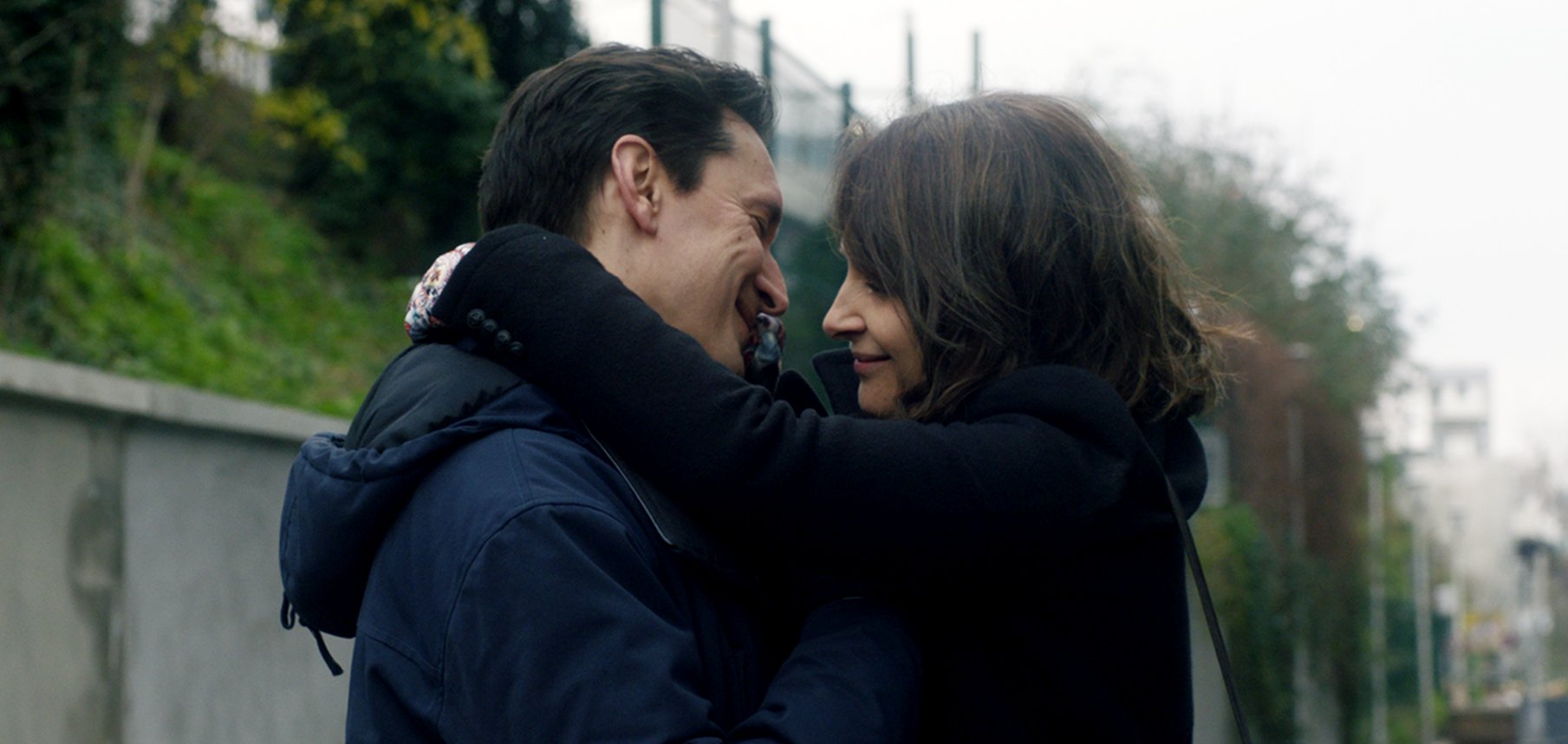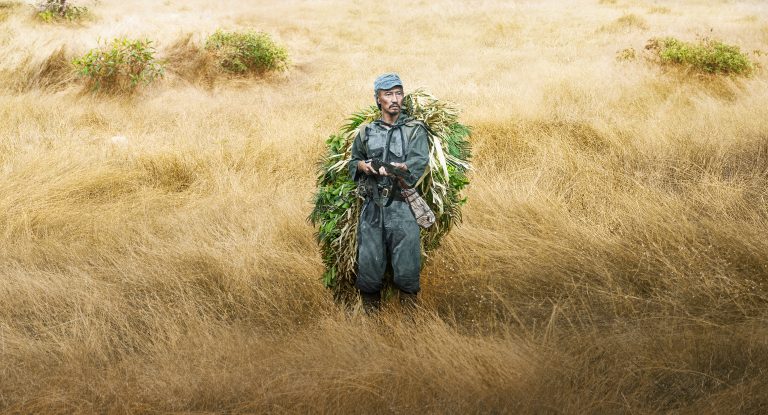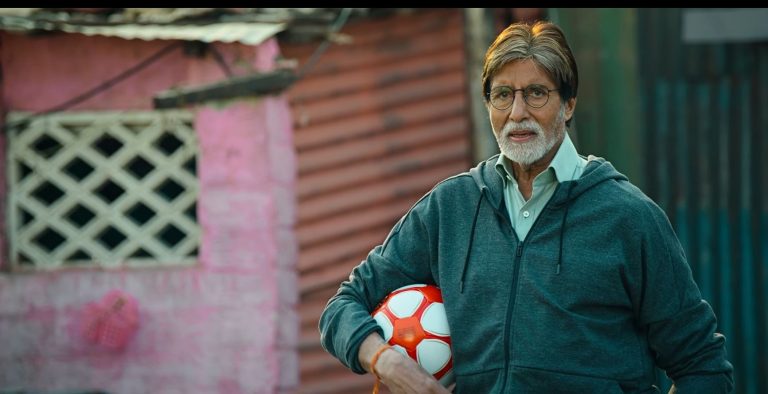Movies about dissipating marriages are often heartbreaking. The reason mostly boils down to the fact that two people who once loved each other so dearly can’t seem to understand when and where things started deescalating. And before you know it, it’s too late to mend things. In Claire Denis’ “Both Sides of the Blade” (formerly titled “Fire”), which won the French auteur a deserving Best Director award at Cannes, a couple’s married life goes out for a toss when a mutual acquaintance re-enters their life.
Sara (Juliette Binoche) is a radio journalist who has been married to Jean (Vincent Lindon) for about 10 years. When we first meet them, they are on vacation; seen in each other’s arms splashing about lovingly before they return to their studio apartment in Paris. Their domestic life feels calm and sincere at first, but soon enough, jagged, invisible barriers start building up.
Related to Both Sides of the Blade – Hallelujah: Leonard Cohen, A Journey, A Song (2022) Review: A tryst with the God of Songs
It all happens one day when Sara catches a brief glimpse of François (Grégoire Colin) outside her workplace. She sees him with a new flame but something inside her puts her in a spell that she is unable to let go of. Sparks about a raunchy and intense love affair that did not end well for her are clearly visible. Back home, Jean is struggling to find a job since he is now an ex-convict who has done prison time. To add to that, his interracial son Marcus (Issa Perica) who lives with Jean’s mother Nelly (Bulle Ogier) is unable to keep his head steady in an aggressively racist French environment.
Things take a turn for slow decay when Jean decides to join François in his new endeavor. His ad agency is to be set up in Paris and Jean, who is also an ex-rugby player is assigned to recruit new and young players with potential. Sara and Jean discuss this and agree that none of them have a problem with the direction that their life is taking. However, slowly and steadily cracks start to appear in their relationship after Sara meets François face to face.
Denis’ film, which is based on Christine Angot’s 2018 novel “Un tournant de la vie,” is set during COVID times. The pandemic might have been a backdrop, but the director makes sure that the said quarantine is not just symbolic. This is a story about people caged by their past lives. So much so that it only takes a glance to shatter its core foundation.
Also, Read – Code Name Banshee (2022) Review: Highly Confusing Revenge Thriller
Rightly titled “Both Sides of the Blade,” the original title “Fire” also stands upright for this drama about a couple’s inability to avoid the tragedy their relationship is leading towards. A true blue melodrama with hints of eroticism, the film is about tragic ends and hopeful beginnings. Since Fire signifies end, as much as it signifies a clean slate, the complexity of this narrative hinges on how this love triangle tesselates and where the viewer positions themselves when the three characters allow themselves to be butchered by their own demons.
Shot on an iPhone and clearly not one of Denis’ visually involving ventures, “Both Sides of the Blade” does slide into murky waters. Jean, who is portrayed as a man who deliberately delusions himself from the tragedy coming towards him, isn’t half as complex as Lindon makes us believe. The character’s arc is thinly written and in spite of Lindon’s best efforts, he is only able to partially salvage our interest in him. His subplot with his son and mother is so incredibly underdeveloped that you can simply edit it out of the film and it wouldn’t do anything to the central conflict whatsoever.
Sara, on the other hand, feels like an extension of the self-centered and cluelessly problematic lead in Denis and Angot’s previous collaboration “Let the Sunshine In.” While Binoche’s commanding screen presence and an indescribable range of fragility give Sara’s side of the story a stronger base, you care less about her as the film progresses. Thus, uplifting the drama and bringing it down at the same time.
Overall, “Both Sides of the Blade” doesn’t cut as deep as it initially makes you believe. But, as a story about the lies we tell ourselves and others, the fire at its center feels well worth the time all of us are slowly running out of.







![Thelma [2017] – A Striking Tale of Self-Discovery with Spellbinding Imagery](https://79468c92.delivery.rocketcdn.me/wp-content/uploads/2017/12/cover-1-768x432.jpg)

![A Thousand Fires [2021]: ‘Locarno’ Review – A Bewitchingly Intimate Slice-of-Life Documentary](https://79468c92.delivery.rocketcdn.me/wp-content/uploads/2021/08/A-Thousand-Fires-2021-768x432.jpg)
![Lost Girls [2020] Netflix Review – An unfocused take on police ignorance and a plea for justice](https://79468c92.delivery.rocketcdn.me/wp-content/uploads/2020/03/Lost-Girls-Netflix-highonfilms-768x432.jpg)